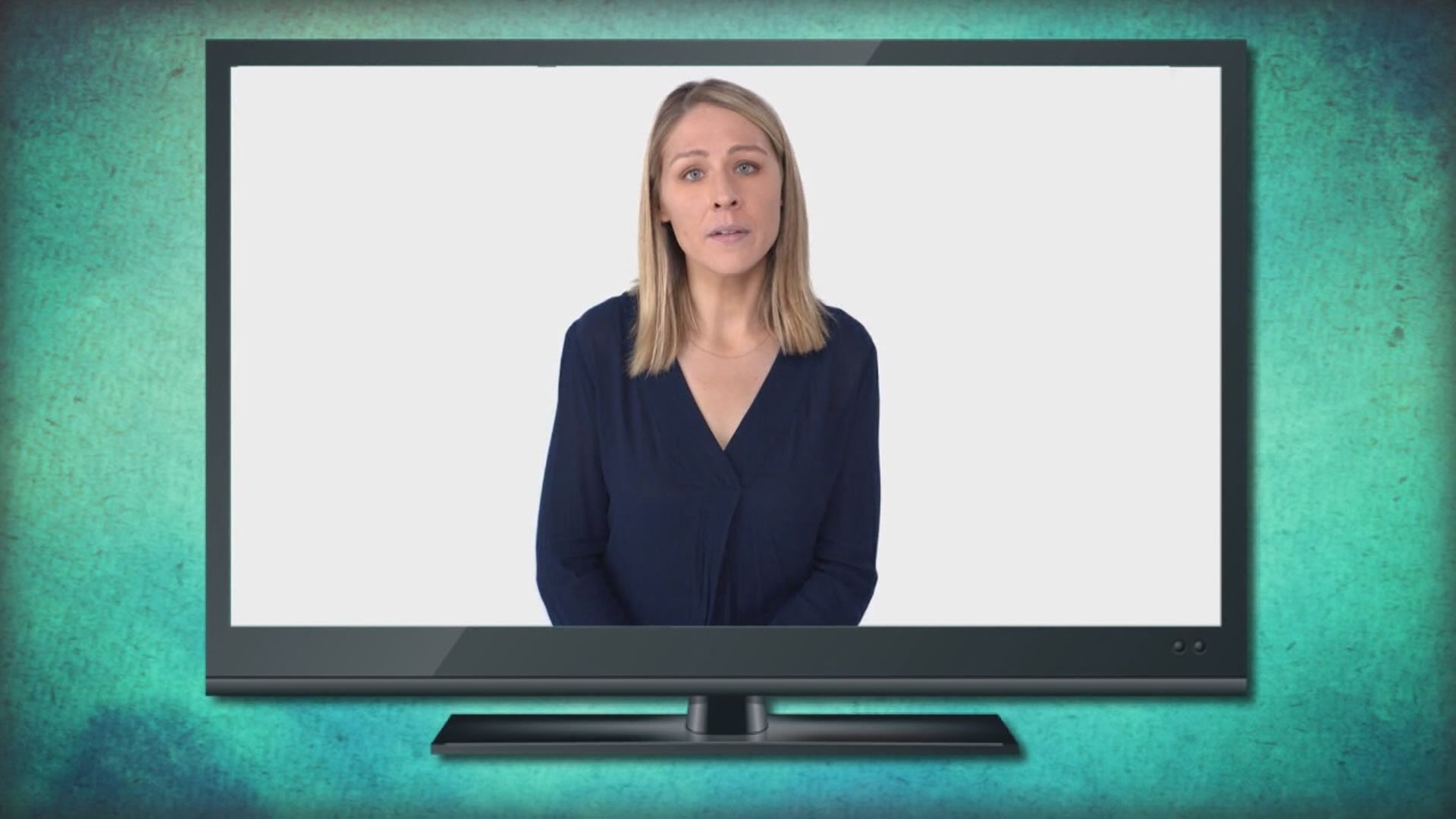MINNEAPOLIS — A political ad featuring a very serious woman talking about surprise medical bills and government rate-setting left viewers wanting to know more.
They asked who's behind this ad campaign and why the woman on camera wants US Sen. Tina Smith to vote against rate-setting.
The ads are paid for by Doctor Patient Unity, a group that was formed in June in Virginia. The group has laid down $250,000 to run the ads at TV stations and cable shops in the Twin Cities, including KARE.
In paperwork filed with KARE and other TV stations, the organization's address is listed as a post office box in Birmingham, Alabama. The treasurer is listed as Janna Rutland.
She has virtually no Internet profile, which made it difficult to find a current phone number or email address. A possible Facebook page for Rutland contains no public information.
But in FEC documents Rutland is also listed as the treasurer for the Women for Winning Political Action Committee, which works to help get conservative women elected to office. It's not to be confused with Women Winning, which seeks to get Democratic women elected.
The documents filed with Doctor Patient Unity advertising orders gives a contact phone number that rings in the Virginia office of Kyle Roberts. He's the president of Smart Media Group, a consulting firm for Republican candidates.
Roberts hadn't responded yet to messages and emails as of Thursday evening. According to the Center for Responsive Politics, Doctor Patient Unity is not required to reveal its donors because of the way it is organized.
Tina Smith is one of 11 senators on the receiving end of these ads. Most of those senators are Republican, but what all of the targeted politicians have in common is that they're up for reelection in 2020.
They're also expected to vote by late September on the Senate Health bill, which contains a provision changing the way disputes over surprise medical bills are handled.
What is rate setting?
A surprise medical bill is normally the result of someone using an out of network medical provider. In some cases, the hospital is in your health plan's network, but you discover later the physician wasn't.
The "rate setting" warned about in the ad is a bit of a misnomer because the bill doesn't set actual rates for out of network medical procedures. The legislation sets "benchmarks" for how much out of network providers can collect in a surprise medical bill situation.
As currently written that benchmark is the median price for that medical procedure in the geographic area where the medical service was provided. Many hospital groups have warned they could take a financial hit from such an arrangement.
The Doctor Patient Unity ad taps into that theory to assert that patients will pay in the end if doctors stop accepting insurance, or hospitals and clinics close outright.
They prefer a situation where providers can negotiate a final price for that surprise bill and go to binding arbitration if they can't resolve the situation.
Sen. Smith voted for the current version of the bill while it was in committee, because it also contains important prescription drug relief and funding for community medical centers.
But she introduced her own surprise medical bill plan that calls for binding arbitration for bills over $750. Those below that level would be resolved automatically through the median price benchmark system.
Minnesota passed its own law in 2017 limiting a patient's out-of-pocket exposure for out of network bills to what the patient would've paid an in-network provider. It also allows for providers and insurers to negotiate disputes over those surprise medical bills.
Hospital groups in Minnesota are wary of any federal legislation that would upset the system in this state.
The ad is an outgrowth of an ongoing struggle between medical providers and insurers over how to strike a balance between costs and allowing providers to collect enough revenue stay in business.
Doctor Patient Unity's Twitter page contains a link to a web site where the same ad plays on a loop. It also gives information saying that negotiation and arbitration would be the better way to resolve disputes over surprise medical bills.
The group's website URL -- www.stopsurprisemedicalbills.com -- sounds very similar to www.stopsurprisebillingnow.com -- the URL for a competing group, the Coalition Against Surprise Medical Billing.

